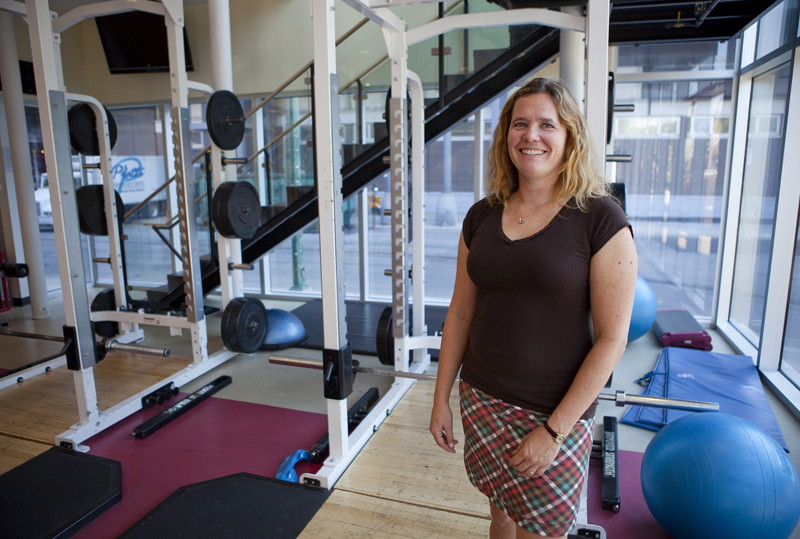U of W prof leads way with research on intellectual disabilities in sport
Research is groundbreaking in its field
One of the fastest growing aspects in the constantly expanding field of sport psychology is research involving athletes with intellectual disabilities.
According to Melanie Gregg, a kinesiology professor at the University of Winnipeg, this field has only recently started to develop as its own facet within sport and sport psychology research, specifically in the last 10 years.
Efforts in this field of research focus mainly on athletes with intellectual disabilities and their use of psychological skills and mental imagery in sports and how it relates to their performance.
Such research is unprecedented in athletic fields.
Gregg recently received a Manitoba Health Research grant that allows her to conduct her research with athletes specifically with intellectual disabilities. Gregg notes that she has collected a substantial amount of data in the last year and that the next year will likely be spent organizing and analyzing the data.
“So you might imagine yourself performing that foul shot, the crowd cheering for you, or against you even. Imagining the ball going into the basket and being successful,” Gregg said, describing the use of imagery within athletic events.
In addition to imagery, Gregg discussed the use of “self talk” during athletic situations, monitoring what the athletes might say to themselves during the game. In addition to practice of “self talk” for these athletes, Gregg also discussed the use of goal setting in helping them excel at sports.
Studies in this field have only come to fruition in the last decade or so.
Gregg noted that there has been very little research done until after the 2000 Paralympics Games in Sydney, where athletes with intellectual disabilities had participated in the events.
At those games, the Spanish men’s basketball team won the gold medal; however, it was later revealed that five members of the team didn’t actually have a mental disability. Included in these five members was a news reporter, whose only goal was to show how one could cheat the system.
“Then, the International Paralympics Committee (IPC), their reaction to this was to ban athletes with intellectual disability from Paralympics competition, which doesn’t really seem fair,” explained Gregg. “With doping they don’t ban the sport – it seemed really unfair.”
Since that point in time, groups reporting to the IPC have worked to develop criteria to define who has an intellectual disability and who doesn’t.
Gregg got involved with the project approximately four years ago when they didn’t have an expert within sports psychology in the group.
Now, some classification is in place in anticipation of the London 2012 Paralympics Games.
So far, the criteria determine that athletes with intellectual disabilities are able to participate in three sports at the games: table tennis, swimming and track and field (the long jump and the shot put).
While it is not an ideal situation, Gregg admits it is a step forward.
In the meantime, Gregg will continue to focus her efforts not only on these Olympic athletes but also on athletes with intellectual disabilities in the local community.
Published in Volume 66, Number 2 of The Uniter (September 8, 2011)








